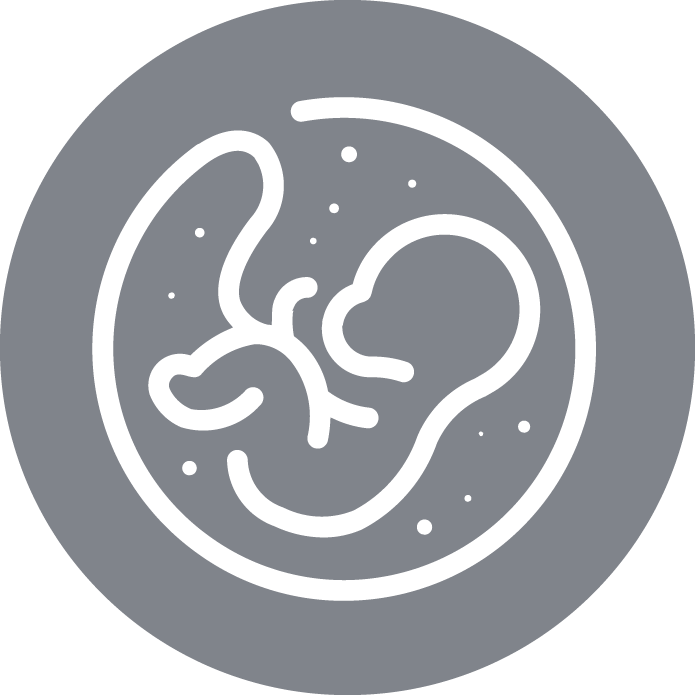Francisco Domínguez: “My goal is to silence the third chromosome of a trisomic embryo”.
Correcting severe chromosomal abnormalities such as chromosome 13, 18 and 22 trisomies in patients without healthy embryos may sound like science fiction, but it is simply science. Dr. Francisco Domínguez has just signed a contract for research support in healthcare projects (FIS or Health Research Funds) that was recently awarded by the Instituto de Salud Carlos III. This aid is destined towards the study and development of new genetic engineering tools to address the issue of trisomies in embryos.
Dominguez has written more than 60 papers and 15 book chapters on the field of embryo implantation and endometrial receptivity. With a PhD in biology, he is a specialist in reproductive medicine who has been with IVIRMA since 1999.
His main goal is "to develop molecular tools to eliminate or silence the third chromosome of embryos with trisomies and to be able to transfer them to the mother's uterus as euploid embryos". Dominguez is currently researching the molecular tool CRISPR, which treats the embryo and “improves the efficiency of In Vitro Fertilization by discarding fewer embryos.”
How can this research help couples with chromosomal problems?
There are patients who only have aneuploid (abnormal) embryos with extra chromosomes (trisomic) that make it impossible to have a healthy baby. The successful development of this new tool would open up the possibility to "treat" these embryos and be able to use them so that the couple can fulfill their desire to be parents.
What do you think will be your contribution to science in this area of reproduction?
If we manage to eliminate or silence a chromosome by means of the CRISPR technique, it would be a worldwide milestone, since so far, no one has managed to eliminate an entire chromosome in human embryos. It is possible to alter a disease-producing gene so that the baby is healthy, but never an extra chromosome in the case of trisomic embryos.There are studies in animal models and cell lines that suggest that it would be possible to carry out this silencing of complete chromosomes.
As a scientist, what do you ask of science?
Rather than making requests of science, I would ask those who legislate in scientific matters for more stability in research contracts and for an increased budget to be allocated to Spanish science. I would also request that the companies use science as a catalyst for development in knowledge because it ultimately benefits society as a whole.
How do you envision the future of reproduction?
With more budget allocated to research, which is where it is needed. It is the responsibility of the reproduction clinics to invest much more in order to be able to cure gynecological diseases that, today, only have partial solutions, as is the case with endometriosis. It is also a matter of urgency to ensure that 99% of patients have a healthy child at home. This is the goal of assisted reproduction, and it can only be achieved through continued research.



